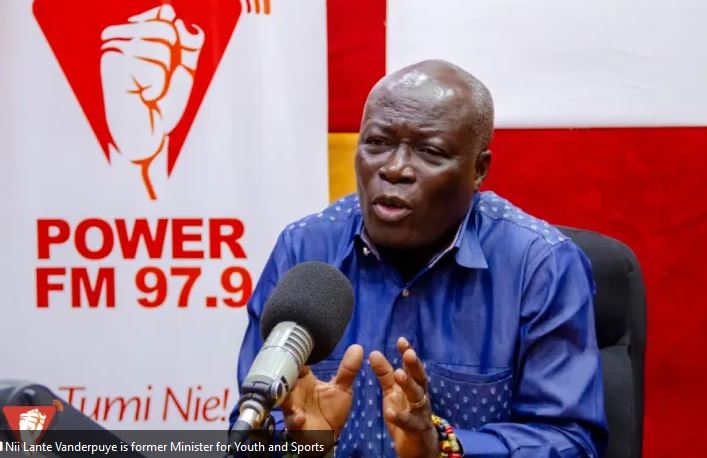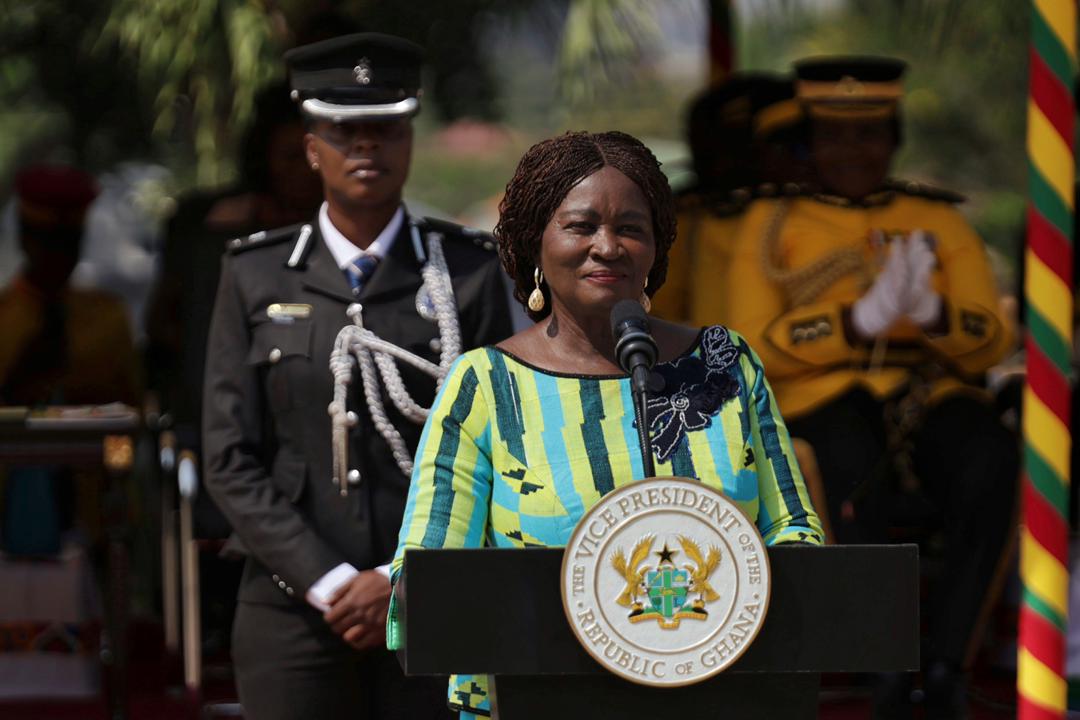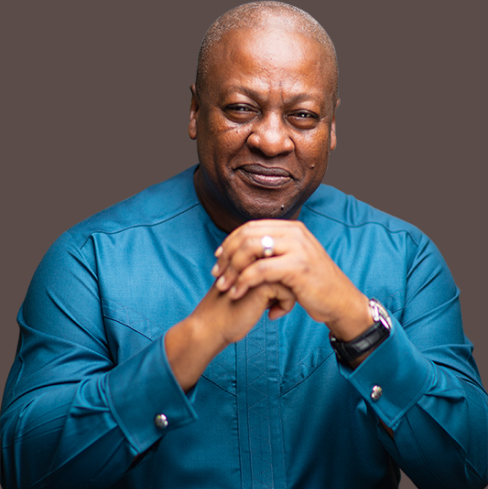The Member of Parliament (MP) for Odododiodoo, Edwin Nii Lante Vanderpuye, has announced that the National Democratic Congress (NDC) caucus will not return to Parliament until after the upcoming December elections.
This comes after the Majority caucus made a move to trigger a recall of Parliament, following the Supreme Court’s recent ruling that overturned Speaker Alban Bagbin’s declaration of four seats as vacant.
But Nii Lante Vanderpuye who reacted to calls for Parliament to reconvene stated that the NPP caucus is only interested in “unnecessary spending” of taxpayer money by recalling Parliament.
He hinted that the NDC Minority caucus would focus on election preparations and resume parliamentary duties only after the December polls.
“They should not waste the taxpayers’ money by asking us to come to Parliament in the next three weeks. We are not coming. We are concerned about elections, and we shall only come to Parliament after the elections. That should be at the back of their minds,” he said in an interview with Channel 1 TV.
He further stressed “We want them to understand one fact that as far as we are concerned, issues about minority or majority are determined by the numbers in the house, so when we resume, the numbers will tell whether we are the majority, or they are the majority. This is not about the Supreme Court.
“…It is not for the NPP or the Supreme Court to define for us who are majority or minority in Ghana’s Parliament. We have our own procedures for determining who is a majority or who is a minority. When they were declared majority by Speaker Bagbin, did they go to the Supreme Court to seek that declaration?”
Background
On Tuesday, November 12, 2024, the Supreme Court ruled against Speaker Bagbin’s decision, siding with a challenge from Majority Leader Alexander Afenyo-Markin.
The dispute centred on Bagbin’s interpretation of Article 97(1)(g) of the Ghanaian Constitution as justification for declaring the seats vacant. Afenyo-Markin argued that the Speaker had exceeded his authority by bypassing judicial review and blocking the possibility of by-elections in the affected constituencies.
Earlier, the Supreme Court had issued an interim injunction to halt the Speaker’s ruling, which Bagbin contested, arguing that parliamentary decisions are beyond judicial intervention. However, the court ultimately ruled against the Speaker’s declaration.





